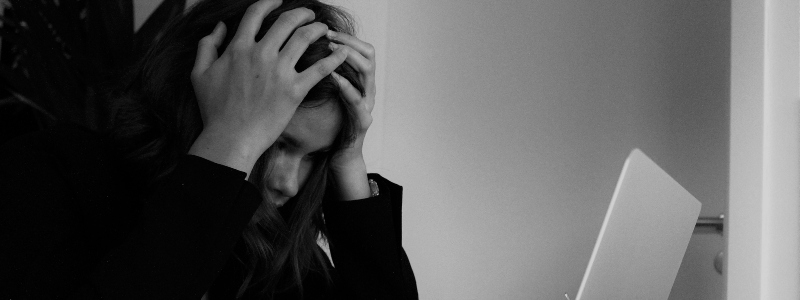Women have a lot to be angry about. Aside from how our current political and social landscape still disadvantages women, all women inherit a long lasting legacy of the oppression and suffrage of their close female ancestors. This legacy is still intensely felt in society today, and the emotional and psychological impact still visible in most aspects of women’s lives and choices.
One area that visits my consulting room repeatedly is the difficulty most women have with expressing anger. It can be argued that many men suffer from the same problem, given how anger is frowned upon in our society generally. However, I would like to focus on the particular challenges that women have with anger.
Social expectations of how women should behave, and the qualities attributed to femininity and consequently to a women’s attractiveness is still very much alive. Being agreeable, polite, friendly, helpful, caring, kind, etc. When I was a small child, every time I got angry my mother used to say “what is this ugly face?” In short, don’t ever be angry, anger isn’t pretty and we don’t want to see it.
Angry women are still seen as hysteric and unstable. Anger in women is still blamed on hormones. To the point where it can be hard for many of us to distinguish what is a justifiable emotion and what is “just hormones”. In my opinion, everything is justifiable, because hormones interact with real life situations, therefore very little to do with our emotional landscape can be attributed to hormones alone.
Many women seem to feel the need to apologise for who they are and therefore for how they feel. The problem with this is that our emotions are vital in navigating our inner world and validating our responses to external and internal events. Continually apologising our emotions away leads to erasing vital aspects of who we are. The consequence is usually anxiety and/or depression (the doctor will prescribe a pill, but never ask whether you are not feeling your feelings).
I see women break down in tears in favour of expressing anger. Not that tears are bad. Tears are important – if crying isn’t a more acceptable substitute for something else. A collapse in tears will more likely invite sympathy, even if it feels shameful. Anger can leave others startled and unable to respond – usually you won’t get much sympathy. Of course, other people have the opposite problem – it’s much harder for them to cry than to be angry. I’m not sure which is the hardest to overcome.
Some of the fears linked to expressing anger come from not wanting to displease, alienate and frighten others. Avoidance of direct conflict is endemic. Usually the fear isn’t linked to how others will respond, but of what will be unleashed within. We feel afraid of letting out all that has been tightly kept within. I have often heard women express a fear of going mad, of not being able to “put the lid back on”, of losing control, of becoming permanently angry. All negative attributes historically associated with women.
The main cause of ongoing psychological suffering is not being able to feel and express one’s emotions, and not the other way around. Whether it is grief, disgust, shame, anger or anything that you have been told not to feel. Psychotherapy aims to help you get in touch with your feelings and express them without feeling overwhelmed by them. This can take time and patience. Getting acquainted with our emotional landscape is what makes us feel alive. Being able to express that to others in helpful ways is what makes us feel connected, to ourselves and others.
Anger when expressed in healthy ways can be refreshing, helps us set boundaries and say ‘no’ to what causes us harm. Others may not like it, but part of being brave enough to say what must be said, is trusting that others will not only survive it, but that what they feel and think isn’t your responsibility but theirs.
Sam Jahara is a UKCP Registered Psychotherapist and clinical Supervisor. She works with individuals in Hove and Lewes.
Further reading by Sam Jahara
